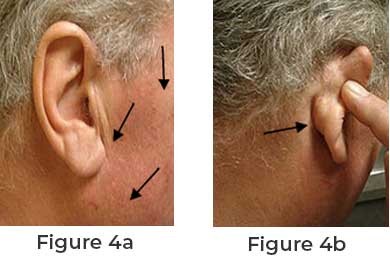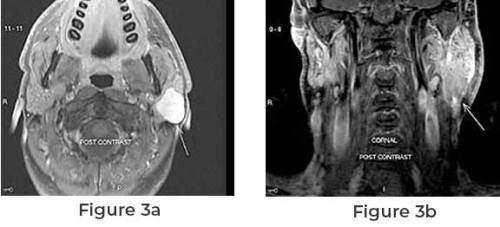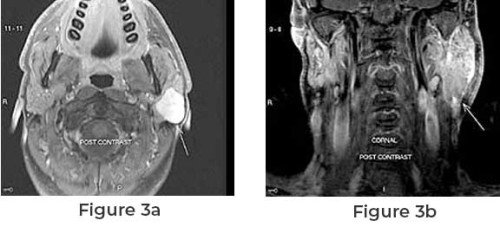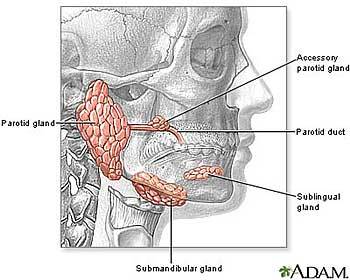Most Popular
 Facial Nerve Cancer and Parotid Tumor Surgery What You Need to Know
Facial Nerve Cancer and Parotid Tumor Surgery What You Need to Know
Facial nerve cancer is rare, with 500 US incidences annually. ...
 Know About the Parotid Cancer and Its Symptoms before Treatment
Know About the Parotid Cancer and Its Symptoms before Treatment
Parotid cancer is a rare form of cancer that originates ...
 Parotidectomy and Facelift to Remove Parotid Gland and Rejuvenate the Appearance
Parotidectomy and Facelift to Remove Parotid Gland and Rejuvenate the Appearance
Parotidectomy and facelift are two distinct surgical procedures, each serving ...



How to Diagnose the Mucoepidermoid Tumor and Early Treatment

Mucoepidermoid tumors (METs) are rare but potentially serious growths that can occur in various parts of the body, most commonly in the salivary glands. Early diagnosis and treatment are crucial for better outcomes. A comprehensive medical history and thorough physical examination are essential initial steps in diagnosing METs. Symptoms such as a lump or swelling in the affected area, pain, difficulty swallowing, or changes in voice may prompt further investigation.
Imaging techniques like ultrasound, CT scans, or MRI scans can provide detailed images of the affected area, helping to visualize the tumor's size, location, and extent of spread.
A biopsy involves removing a small sample of tissue from the suspected tumor for examination under a microscope. This definitive diagnostic test confirms the presence of Mucoepidermoid tumor cells.
Know About the Treatment Procedure
Surgery is the primary treatment for Mucoepidermoid tumors. The goal is to remove the tumor completely while preserving surrounding healthy tissue. In some cases, this may involve partial or complete removal of the affected salivary gland.
Radiation therapy may be recommended after surgery to kill any remaining cancer cells or as a primary treatment for tumors that cannot be surgically removed.
Chemotherapy, often in combination with radiation therapy, may be used for advanced or recurrent Mucoepidermoid tumors to shrink the tumor, alleviate symptoms, or slow down its growth.
In certain cases, targeted therapy drugs may be prescribed to specifically target and inhibit the growth of cancer cells, potentially improving treatment outcomes.
Early detection and prompt treatment are critical for managing Mucoepidermoid tumors effectively. If you notice any concerning symptoms or have risk factors predisposing you to these tumors, consult a healthcare professional promptly for evaluation and appropriate management.